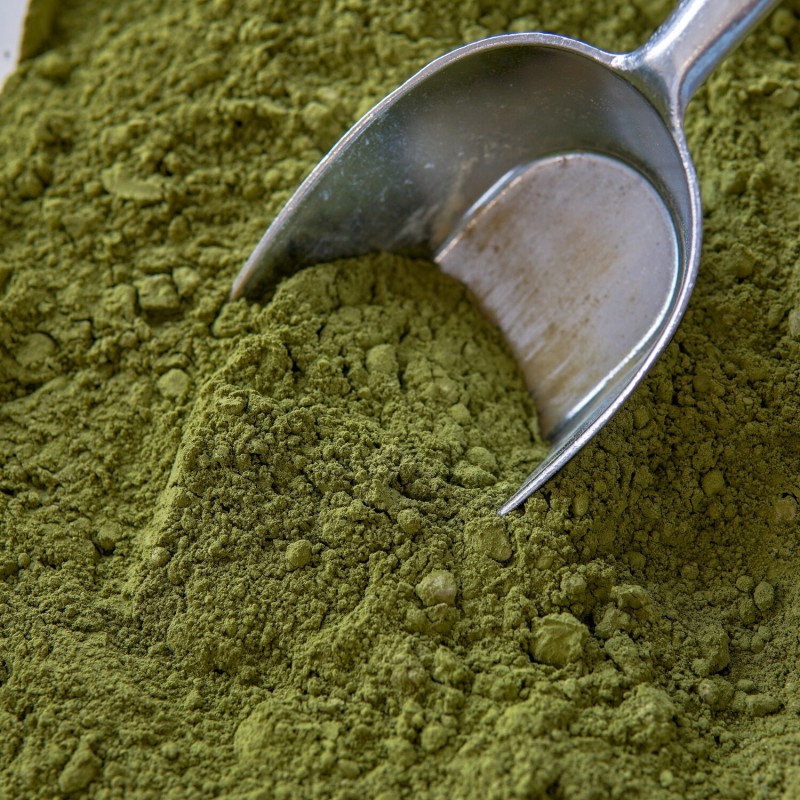Matcha tea, known for its vibrant green color and health benefits, is available in both regular and decaffeinated forms. While both types offer similar taste profiles and nutritional benefits, they differ in terms of caffeine content and the tea leaves used. In this article, we will explore the differences between decaf matcha tea and regular matcha tea, helping you choose the one that suits your preferences and lifestyle. If you are looking for Decaf Matcha Tea then you can contact Domatcha.

- Caffeine Content:
The main difference between regular matcha and decaf matcha lies in their caffeine content. Regular matcha tea is made from tea leaves that contain caffeine, providing an energy boost and stimulating effect. On the other hand, decaf matcha tea is made from tea leaves that have undergone a decaffeination process to remove most of the caffeine. Decaf matcha tea offers a milder and more calming experience, making it suitable for those looking to reduce their caffeine intake.
- Flavor Profile:
Both regular and decaf matcha tea possess a distinct flavor profile, characterized by a combination of bitterness, sweetness, and umami notes. Regular matcha tea tends to have a stronger and more robust taste due to the presence of caffeine. Decaf matcha tea, on the other hand, is milder and smoother in flavor, allowing for a more subtle taste experience. The choice between the two comes down to personal preference and caffeine tolerance.
- Nutritional Benefits:
In terms of nutritional benefits, both regular and decaf matcha tea offer similar advantages due to their shared origins in shade-grown tea leaves. Both types are rich in antioxidants, vitamins, and minerals, providing numerous health benefits such as improved metabolism, enhanced mental alertness, and support for the immune system. The specific health benefits depend more on the quality of matcha tea rather than its caffeine content.
- Versatility and Usage:
Both regular and decaf matcha tea can be enjoyed in various ways, including as a hot beverage, in lattes, smoothies, or even incorporated into culinary creations such as ice cream and baked goods. Regular matcha tea, with its stronger taste and caffeine content, is often the preferred choice for those seeking an energy boost. Decaf matcha tea, on the other hand, is suitable for individuals who are more sensitive to caffeine or prefer a milder taste.
Conclusion:
Regular matcha tea and decaf matcha tea offer distinct experiences, catering to different preferences and lifestyles. The choice between the two depends on factors such as caffeine tolerance, taste preference, and desired health benefits. Regardless of your choice, both regular matcha and decaf matcha provide unique flavors and contribute to overall well-being.